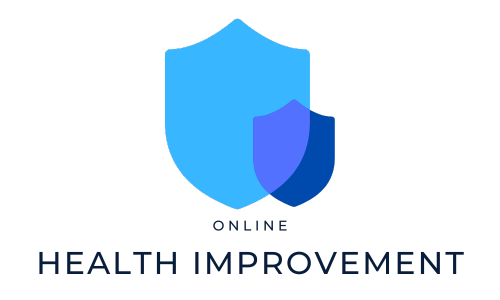Title: The Importance of Breast Cancer Awareness: Shattering the Silence
Introduction:
Breast cancer is a significant health issue that affects a large number of women worldwide. It is crucial to raise awareness about this disease, as early detection and prompt treatment are pivotal in increasing survival rates. Breast cancer awareness campaigns serve as powerful tools to educate, inform, and empower individuals to take control of their health. This article highlights the importance of breast cancer awareness and the impact it can have in saving lives.
1. Early Detection Saves Lives:
– The earlier breast cancer is detected, the better the chances of successful treatment and survival.
– Regular breast self-examination, clinical breast examinations, and mammograms are key for early detection.
– Awareness campaigns encourage women to be proactive in scheduling regular screenings and seeking medical attention for any concerns.
2. Promoting Breast Health:
– Breast cancer awareness campaigns emphasize maintaining overall breast health.
– Encouraging healthy lifestyle choices such as regular exercise, maintaining a healthy weight, limiting alcohol consumption, and avoiding tobacco can reduce the risk.
3. Breaking the Stigma:
– By initiating conversations about breast cancer, awareness campaigns help eradicate the stigma associated with the disease.
– Breaking the silence surrounding breast cancer allows individuals to openly discuss their concerns, fears, and experiences, fostering a supportive community.
4. Encouraging Women to Take Charge:
– Breast cancer awareness campaigns empower women to become proactive in their own healthcare.
– Through education, women can educate themselves about risk factors, warning signs, and treatment options, enabling them to make informed decisions.
5. Supporting Survivors:
– Raising awareness also focuses on providing support and resources for breast cancer survivors.
– Understanding survivorship issues, promoting emotional and psychological well-being, and advocating for access to comprehensive healthcare are critical components of awareness campaigns.
6. Engaging Men as Allies:
– While breast cancer primarily affects women, men can play an essential role in supporting awareness efforts.
– Men can educate themselves about the disease, encourage their loved ones to get screened, and participate in fundraising events or initiatives.
7. Advocating for Research and Resources:
– Breast cancer awareness campaigns create a platform to advocate for increased funding and resources into research.
– Promoting access to affordable healthcare, enhancing patient support networks, and connecting individuals to available resources are vital aspects of awareness initiatives.
8. Encouraging Regular Check-Ups:
– Awareness campaigns remind women of the importance of regular check-ups and screenings.
– Routine check-ups not only ascertain breast health but also serve as an opportunity for overall health evaluation.
9. Supporting Global Awareness:
– Breast cancer is a global health concern, and awareness campaigns serve as a unifying force across nations.
– Collaborating with international organizations spreads awareness to regions where access to information and healthcare may be limited.
10. Inspiring Fundraising Initiatives:
– The breast cancer awareness movement has helped generate significant funds for research, prevention programs, and support services.
– Fundraising events, such as races, walks, or charity drives, provide opportunities for communities to come together and contribute towards the cause.
Conclusion:
Breast cancer awareness campaigns are instrumental in saving lives and reducing the impact of this devastating disease. By promoting early detection, encouraging healthy lifestyles, and fostering a supportive environment for survivors, these initiatives are making a profound difference in the fight against breast cancer. By standing together, raising our voices, and spreading knowledge, we can break the barriers surrounding breast cancer and support a healthier future for all.
Word count: 564 words.
